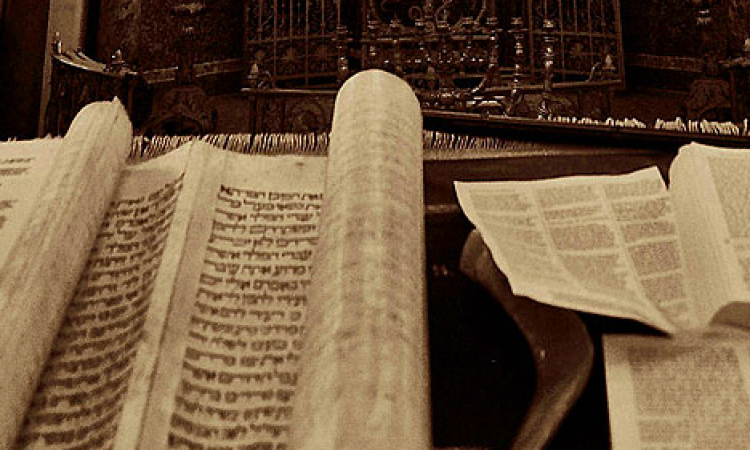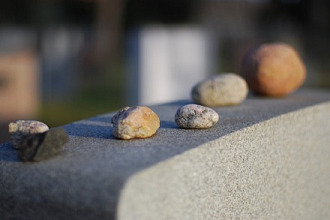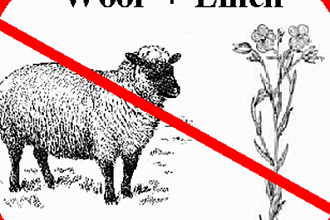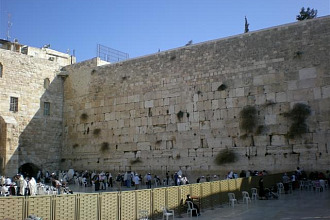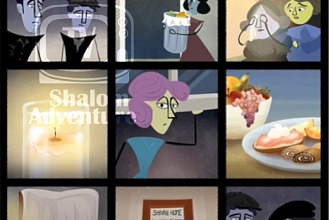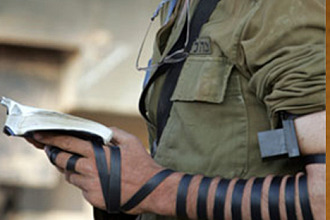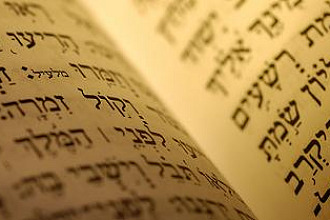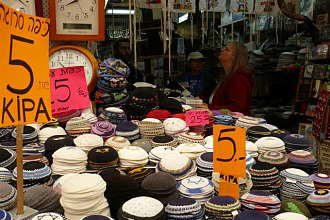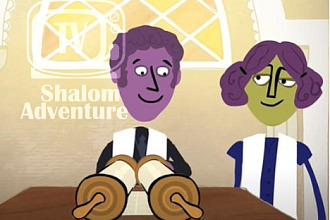The basic concept in Judaism relating to practice is the Mitzva, a commandment from HaShem.
The Torah helps people to lead a life that will be inline with HaShem's laws.
Moses ben Maimon, Maimonides, carefully wrote down all of the commandments (in his work "Sefer Hamitzvos") from the Torah and categorized them into things that you should do and those that you shouldn't do.
There are 613 Mitzvot (the plural for Mitzva) or commandments in the Torah. These are called Taryag Mitzvot because the Hebrew letters that stand for the number spell out the word.
There are 248 Positive Mitzvot (Mitzvot Aseh) or things that you should do. The number is thought to represent the number of bones and significant organs in the human body.
There are 365 Negative Mitzvot (Mitzvot Lo Ta'aseh) or things you should not do. The number corresponds to the number of days in a solar year.
Many of the mitzvot cannot be observed following the destruction of the Second Temple. According to one school of thought, there are 77 negative and 194 positive commandments that can be observed today. There are 26 commands that apply only within the Land of Israel.
It is interesting that the "10 Commandments" are just a small part of the Mitzvot that G-d commanded us to follow.
Originally found here
Picture originally found here

